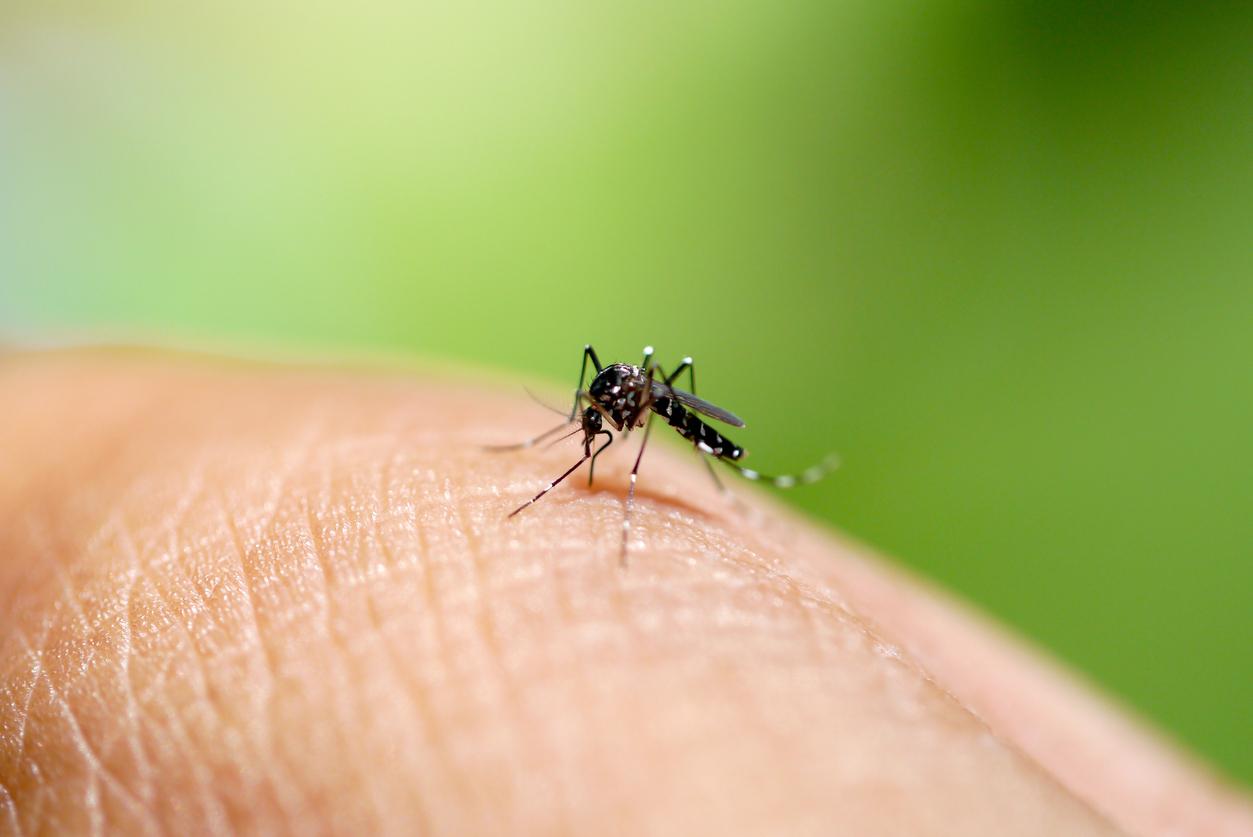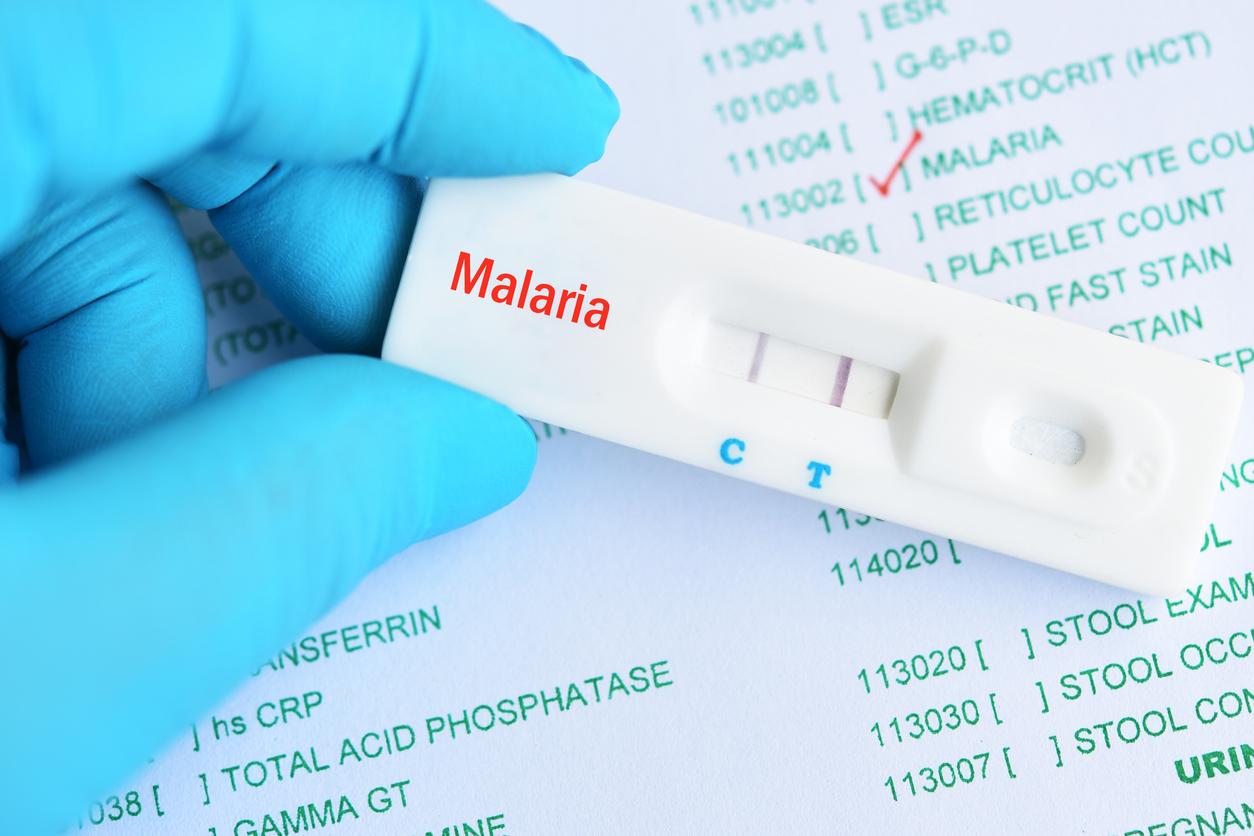The parasite responsible for the most severe form of malaria uses proteins that aim to glue red blood cells together, making it harder for the immune system to destroy them and leading to life-threatening blood clots.

- One of the parasites that causes malaria manages to evade immune defenses
- It causes the red blood cells to adhere to each other and to the walls of the vessels
- This leads to the formation of life-threatening blood clots
Researchers have succeeded in identifying how the parasite responsible for the most severe form of malaria acts in the human body. They revealed that it uses proteins to make red blood cells sticky, preventing our system from fighting them well. The study was published in the journal Nature Microbiology and is interested in knowing precisely how the Plasmodium falciparumthe parasite in question that causes more than 95% of the 400,000 deaths from malaria every year, evades the immune system.
A vicious parasite
This parasite has the particularity of releasing proteins in the red blood cells. There, these will stick to the outer surface of the cells. These proteins stick to other blood cells and blood vessel walls so that infected cells stop circulating in the body and pass through the spleen. The parasite is then protected there since the immune cells found there cannot act on the infected cells.
The stickiness of the parasite can also cause blood clots to form. By blocking blood flow to vital organs, these clots can have fatal consequences, especially if they form in the brain or placenta. “This species of malaria parasite is able to use a number of different variants of the same protein to make red blood cells stickysays Heledd Davies, co-lead author of the study. So if the body develops antibodies that prevent one variant from working, the parasite may simply switch to another, leading to a constant arms race.”
New effective therapies
This discovery is encouraging for finding future therapies by targeting the mechanism used by malaria to transport proteins to the cell surface. By blocking this transport, one could reduce the symptoms and allow the body to eliminate the parasites. In this study, the authors identified proteins, called kinases, that are involved in getting sticky proteins to the cell surface. Kinases are enzymes that can turn many other proteins on or off and often regulate important processes in cells. “These kinases are not released by other strains of malaria that infect humans, so we predicted that they are some of the factors that make this species more lethal.”develops Hugo Belda, another main co-author.
Researchers have already floated potential leads. “In our research, we tested what happened when we removed different protein kinases from the parasite, while it was living in human blood.says Moritz Treeck, group leader at the apicomplexan parasite signaling laboratory, author of the study. One protein played an important role in controlling cell adhesiveness, while others may be required for as yet unknown aspects of the parasite. The biology is very exciting and will help to better understand the mechanism of the disease.e.”
.














